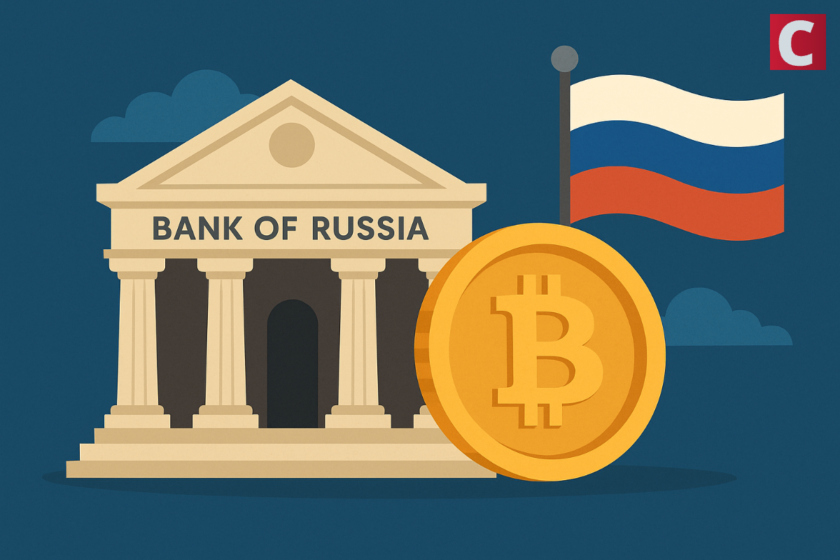The potential launch of a CBDC following the developmental work being carried out by the Riksbank may not be feasible under current banking laws.
The Swedish Central Bank Sveriges Riksbank has published the results of the first phase of its Central Bank Digital Currency (CBDC) or e-Krona project, noting particularly the need to continue more investigation. According to the report, the first pilot phase involves the testing of the technical capabilities of the e-Krona as a token issued via a distributed network based on blockchain technology.
While the race for a CBDC is gaining traction around the world today, the ongoing development and testing exercises by Riksbank is notably the most advance digital currency engagement on record for a Western economy. China leads the race in Asia as its e-Yuan project is in its advanced testing phases. The Swedish Central Bank remains one of the early pioneers of the CBDC drive and the monetary authority noted following this pilot phase that developmental investigations may continue until 2026.
“The solution tested in phase one of the e-krona pilot has met the performance requirements made in the public procurement. But this has taken place in a limited test environment and the new technology’s capacity to manage retail payments on a large scale needs to be investigated and tested further,” the report noted.
Following this first pilot test, the Riksbank said it is progressing into the second phase that will involve a larger number of participants. While the first stage involves the simulation of actors in the system which includes potential financial institutions and end-users, the second pilot will feature the real-life roles of these stakeholders, as well as the testing of the e-Krona features in retail payments and storage systems.
Swedish CBDC Project Requires New Legislation
The potential launch of a CBDC following the developmental work being carried out by the Riksbank may not be feasible under current banking laws. This position was affirmed by Mithra Sundberg, the head of the Riksbank unit working on the e-Krona, who noted that the potential use cases of the CBDC needed to be defined through the rollout of a new legal framework before the project can eventually see the light of day.
Moving forward, legal considerations about the privacy aspects of the proposed CBDC must be considered as well as other core banking functionalities such as the application of interest rates to the e-Krona.
“The compatibility of an interest-bearing ekrona, positive or negative, with a distribution model as tested in phase one, is a much broader question than the purely technical possibilities and limitations,” the Riksbank said.
The Swedish monetary authority tested out the technical functionality of the e-Krona through a distributed ledger technology framework developed based on R3’s Corda blockchain and also has an ongoing partnership with Accenture who is playing the role of the supplier of the technical solution being tested by the ongoing e-krona pilot. However, the bank noted these solutions do not necessarily determine the model that will be adopted if the e-Krona is to be launched and integrated into the broader financial ecosystem.
Benjamin Godfrey is a blockchain enthusiast and journalists who relish writing about the real life applications of blockchain technology and innovations to drive general acceptance and worldwide integration of the emerging technology. His desires to educate people about cryptocurrencies inspires his contributions to renowned blockchain based media and sites. Benjamin Godfrey is a lover of sports and agriculture.




